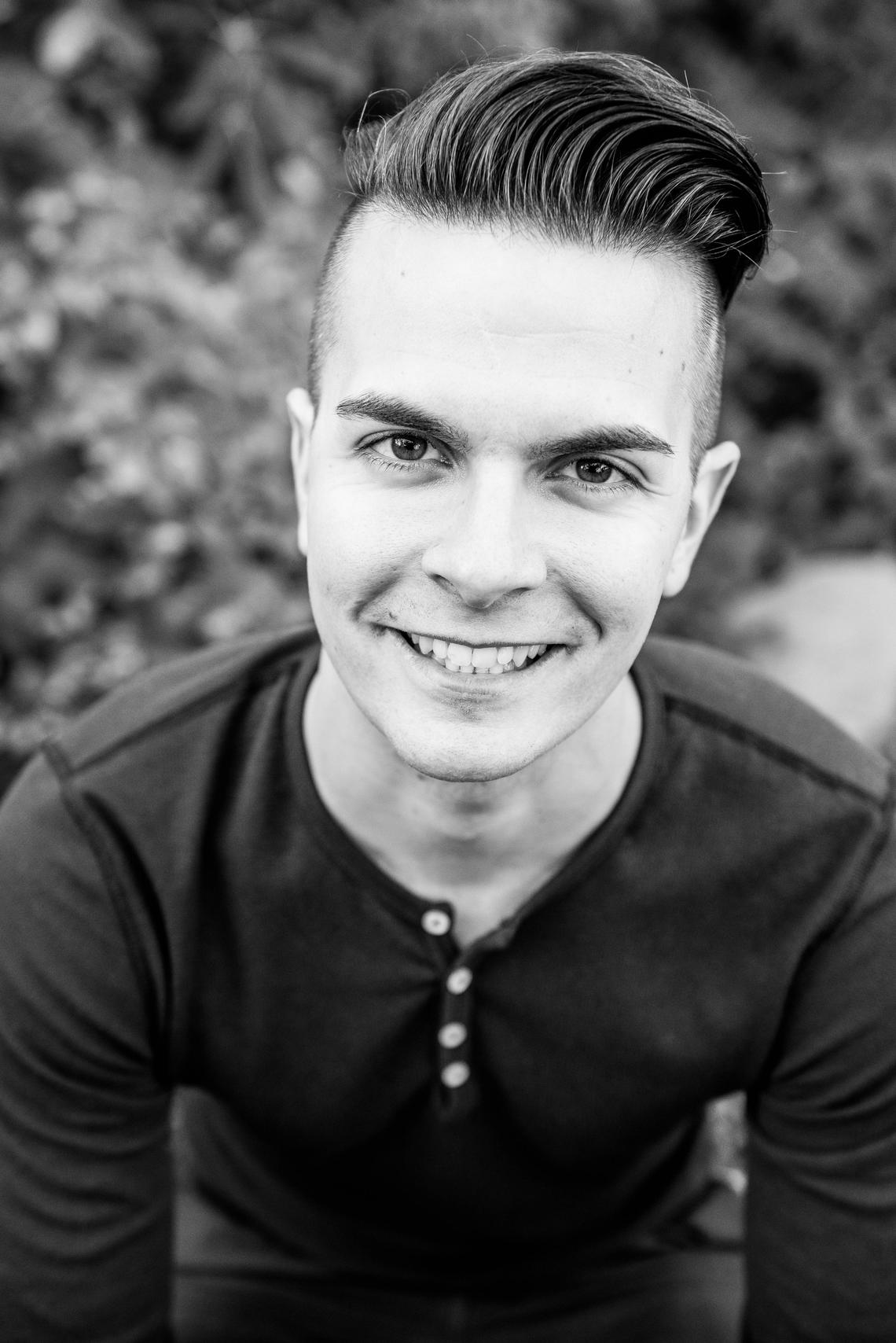Dec. 7, 2020
UCalgary Political Science Interviews: Dr. Daniel Voth!
Dr. Daniel Voth is an Associate Professor in the Department of Political Science and Director of the International Indigenous Studies Program, both at the University of Calgary
Your work is broadly on Indigenous politics and political philosophy. How did you become interested in this area?
I grew up in the inner city of Winnipeg, which is a very Indigenous space. Lots of Indigenous peoples from different nations end up living close to each other here. I lived alongside Cree folks, other Métis people, Dakota and Saulteaux folks. We all got along, but I was aware that there were things that made us different from each other. Some of that was cultural (some of us went to pow wow, others didn’t), other parts were legal (some of my friends would return for periods of time to their reserves, while others had no reserve), and there was a third political part (our parents were part of different political organizations). As I grew up and went to university I became quite interested in this. I started asking what accounts for these differences, what effects does it have on us and our ability to organize and work together? And that was one of the key things that sent me off to graduate school.
Can you tell us about the research projects you have been working on?
I have a few projects I’m working on. The first has just wrapped up which is a new way of thinking about Métis nationalism. I think the link between the land and the Métis nation is properly a gendered connection, and that we need to think about that in the way Métis people govern ourselves. The next project I’m working on is thinking about the Indigenous philosophies that inform life on the prairies. I am involved in a project to put different Indigenous philosophies into conversation with one another. So what do we learn if we compare and contrast Cree philosophy with Blackfoot philosophy? All of these projects are designed to centre Indigenous intellectual and political traditions in their own right. Canada need not apply!

Apart from your teaching and research, you are also the Director of the International Indigenous Studies Program (INDG). Can you tell us about that program and what a typical week as INDG Director looks like?
The International Indigenous Studies Program has been growing over the last number of years in really exciting ways. My job is to plan out some of that future growth, and do the administrative lifting to see it through. For example, we have just completed a review of the curriculum and will be bringing some new and exciting courses to the program in the next year or two. My week is divided up between student and faculty meetings, and meetings for projects across campus that want to have input from the INDG program.
Finally, people might not know, but you are also exceptionally accomplished at the jig. Tell us about that!
HA! Accomplished might be a bit too strong a word. I was a company member with the Louis Riel Métis Dancers in Vancouver under the direction of the incomparable Yvonne Chartrand. We did shows all over the lower mainland at schools and Indigenous arts festivals. I loved it, and did that as a side hustle for a few years. I also realized that I love jigging for me more than performing for others. So now I go up every July to Batoche Saskatchewan for the Back to Batoche Days where you can hear the best fiddlers, see the best jiggers, and eat the best bannock the Indigenous world has to offer.
Thanks to Dr. Daniel Voth for sharing with us.
